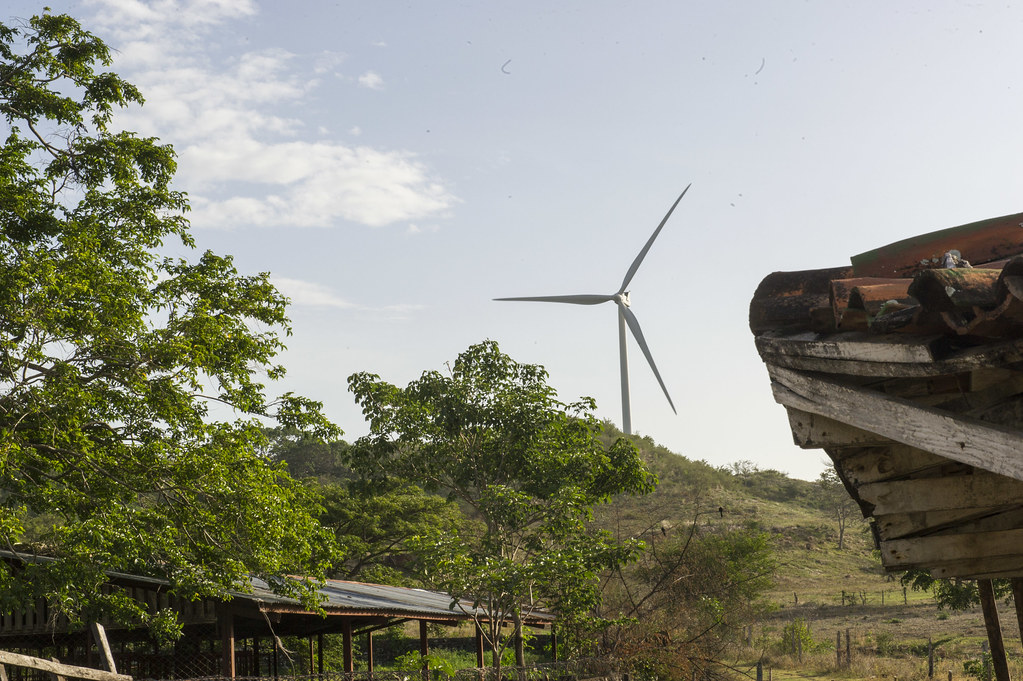COP29: The UN Climate Conference ends with an agreement of a $1.3 trillion Climate Financing Goal by 2035

After two weeks of negotiations during COP29, the UN climate conference held in Baku in November 2024, delegates agreed on a groundbreaking climate financing target given to developing nations of $300 billion annually by 2035, replacing the expiring $100 billion goal. The summit also finalized the rules for a UN-backed global carbon market, promoting carbon credit trading to incentivize emission reductions. Furthermore, other outcomes included new support for least developed nations’ adaptation plans and an expanded gender-climate program.
Despite these steps forward, responses were mixed. In fact, more vulnerable nations like small island states and some African countries criticized the financing target as insufficient, highlighting the disparity between developed and developing nations’ needs.
UN Secretary-General António Guterres on one hand, welcomed the agreement as a “base to build on”, on the other he expressed disappointment, calling for a bigger ambition in finance and mitigation to meet the biggest challenge of our times.
Looking ahead, COP29 sets the stage for COP30 in Brazil and on the positive side the UN Climate Change Executive Secretary Simon Stiell described the deal as “an insurance policy for humanity,” urging swift implementation. The European Union delegation remained also optimistic, emphasizing the importance of private sector mobilization to achieve the ambitious financing goal. However, calls for urgent and immediate action resounded as nations acknowledged the looming challenge of translating commitments into tangible, impactful results.

